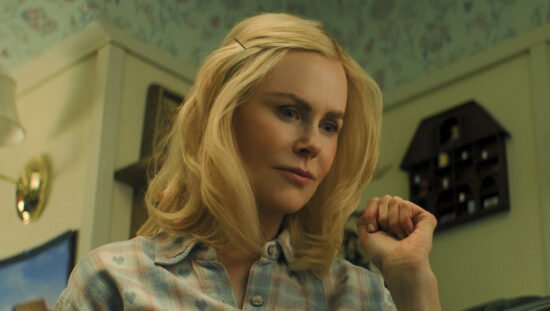Director Barry Jenkins Discusses ‘Mufasa: The Lion King’

Academy Award-winning director Barry Jenkins shares insights into his approach to the latest installment in Disney’s iconic “Lion King” franchise, Mufasa: The Lion King. The film takes audiences on a journey into the past, revealing the story of Mufasa’s rise from an orphaned cub to the king of the Pride Lands.
Exploring the Complexities of Mufasa’s Story
When Jenkins first encountered The Lion King, it was through babysitting his nephews in the ’90s. The original 1994 animated film left a deep impression on him, particularly for how it helped children navigate complex emotions, like the tragic death of Mufasa. Jenkins notes that Mufasa: The Lion King allows him to expand on the rich emotional layers of the story, focusing on the complexities of Mufasa and his brother, Scar, which were less explored in previous iterations.
The Appeal of ‘The Lion King’
Jenkins reflects on the enduring appeal of The Lion King, noting its universal themes of family, leadership, and loss. He credits the film’s success to its honest portrayal of emotional experiences that resonate across cultures and languages. Whether through the animated film, the Broadway musical, or this latest live-action interpretation, The Lion King’s powerful themes have connected with audiences worldwide.

Technological Advancements in Filmmaking
Building on the advancements made in the 2019 live-action version of The Lion King, Jenkins highlights the role of cutting-edge technology in crafting the visual experience of the film. Using virtual 3D environments and real-time camera responses, the filmmakers could capture the fluidity and emotion of the characters in ways not possible before.
Action Sequences and Storytelling
Though not initially known for action filmmaking, Jenkins draws inspiration from great directors such as Ridley Scott and James Cameron. He worked to integrate action sequences that serve the characters and thematic elements of Mufasa: The Lion King, bringing an added intensity to the story. The film’s action, driven by character motivations, aligns with the film’s broader emotional landscape.
Why See It on the Big Screen?
Jenkins emphasizes the importance of experiencing Mufasa: The Lion King in theaters. The collective energy of an audience in a theater setting enhances the emotional impact of the film, deepening the connection to the beloved characters and themes that have lasted for three decades. For Jenkins, seeing the story on the big screen is an essential part of the experience.




A small river named Duden flows by their place and supplies it with the necessary regelialia. It is a paradisematic country, in which roasted parts of sentences fly into your mouth. Even the all-powerful Pointing has no control about the blind texts it is an almost unorthographic life One day however a small line of blind text by the name of Lorem Ipsum decided to leave for the far World of Grammar.